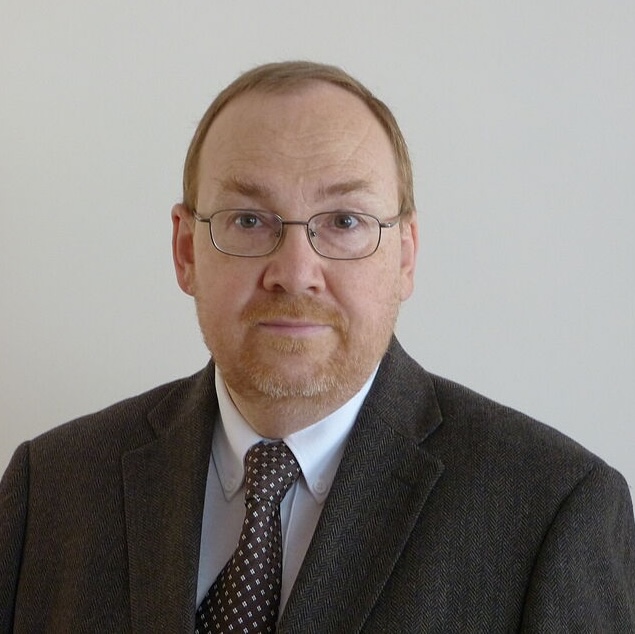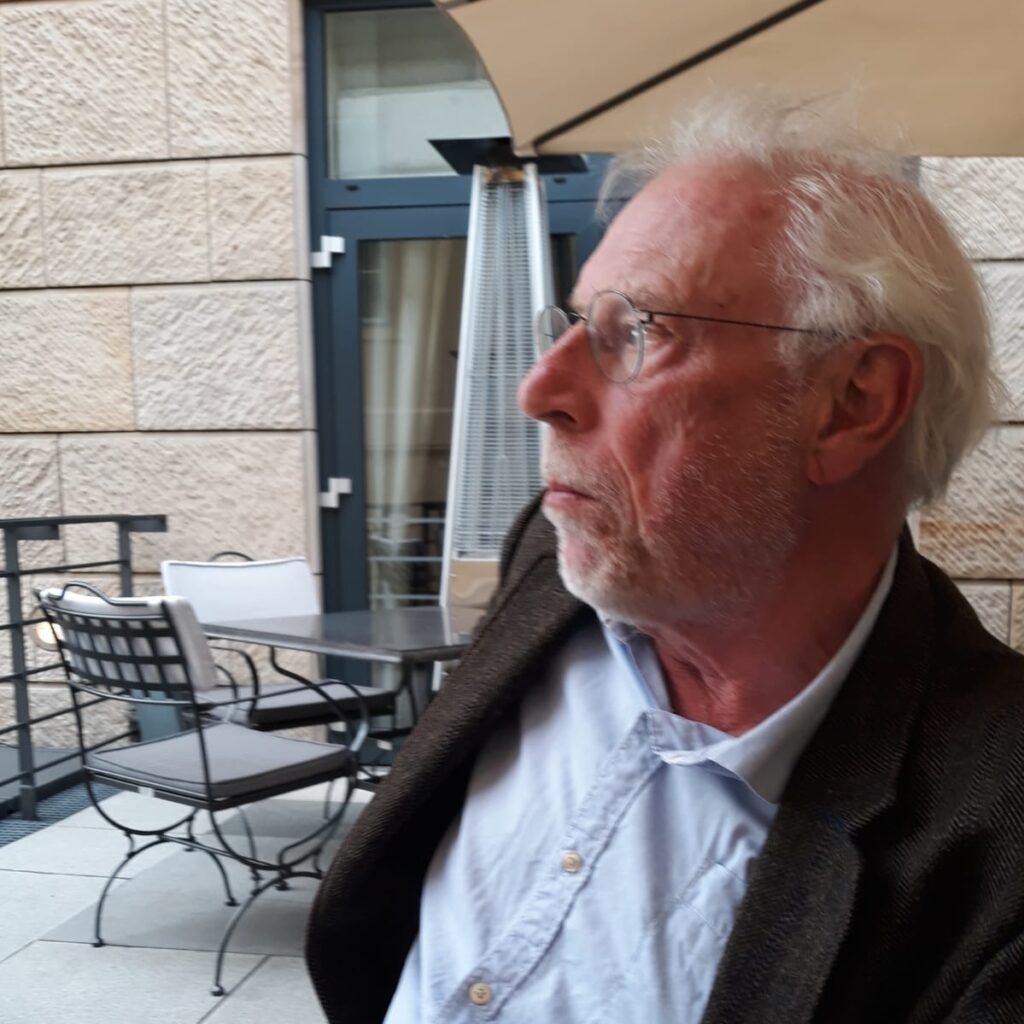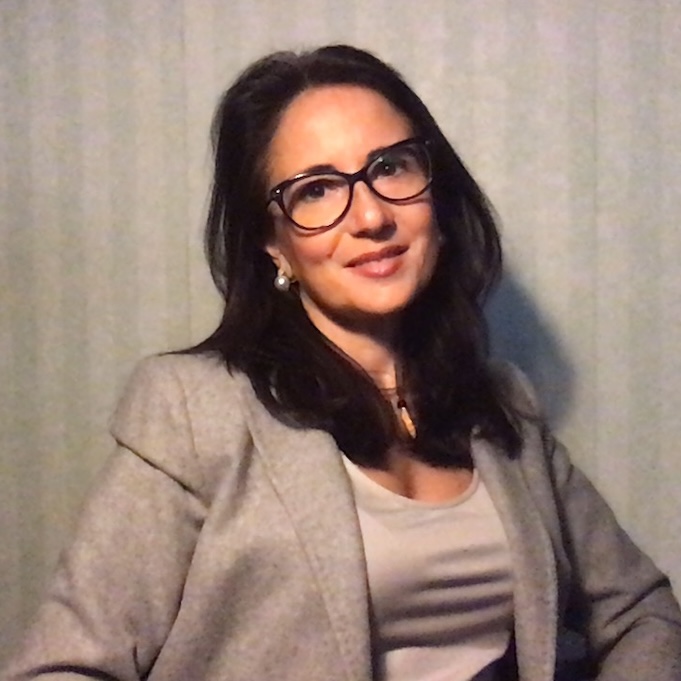Organizer: Dr. Piotr Alexandrowicz (piotr.alexandrowicz@amu.edu.pl)
This lecture series is organized by the oldest Polish journal of legal history, Czasopismo Prawno-Historyczne (CPH; Legal History Journal), published by the Faculty of Law and Administration at AMU since 1948 (https://pressto.amu.edu.pl/index.php/cph). The editor-in-chief of CPH, Dr. Hab. Maksymilian Stanulewicz, a professor at AMU, warmly invites all interested scholars and students to participate in our online lectures and to submit papers to CPH.
The first lecture series in legal history includes three lectures on selected issues. The first will discuss the last two hundred years of developments in judicial independence in Austria. The second will provide new insights into the history of Polish partitions from the perspective of international law. The third will delve into the details of the drafting of the Italian constitution after World War II. All these lectures cover topics from modern European legal history and are directly related to current legal challenges. This combination of various times, areas, actors, and processes from the past and their repercussions today will offer the audience interesting and inspiring questions and hypotheses.

Date: April 25th, 4:30 pm CEST
Link to the online meeting: https://bit.ly/legalhistory1
Prof. Gerald Kohl – born 1965; 1993 Dr. iuris; 2005 “Habilitation“ for the subjects “Austrian and European Legal History, including Constitutional History of the Modern Age“ and “European Private Law Development“ (“Privatdozent”); 2006 Associate Professor (public servant, tenured); 2009 appointed Deputy Head, Department of Legal and Constitutional History (Univ. Vienna). 2015 elected Treasurer of the „International Commission for the History of Representative and Parliamentary Institutions“; 2018 appointed member of the „Kommission für Rechtsgeschichte Österreichs“ [Commission for Austrian Legal History] of the Austrian Academy of Sciences; various other functions and memberships. Co-editor and co-author of the leading Austrian textbook “Manual Rechts- und Verfassungsgeschichte” (6th edition 2022). Main areas of work: Austrian constitutional history, esp. 19th and 20th cent.; History of private law, esp. property law, land registry, agrarian communities, housing laws; History of justice (collected volumes on judges, state attorneys, laypersons); Popular legal literature; Law and Language.
Abstract: Judicial independence in Austria was achieved step-by-step. The development did not proceed in the sense of a straightforward, continuous “progress”, but was characterized by several setbacks. And even today, judicial independence has to be fought for anew every day. The presentation will give an overview of two centuries of legal development and highlight current challenges.
Website: https://homepage.univie.ac.at/gerald.kohl/
Chair: Prof. Wojciech Piątek (Adam Mickiewicz University, Poznań)

Date: May 21st, 4 pm CEST
Link to the online meeting: https://bit.ly/legalhistory2
Prof. Michael G. Müller – born 1950. M. A. in History and Slavonic Languages at the University of Frankfurt/Main 1974, PhD in East European History 1977. Worked as researcher in East European History at the universities of Frankfurt/Main and Giessen as well as at the Berlin Historical Commission (Historische Kommission zu Berlin). Between 1990 and 1992 research grants awarded by the German Research Foundation (Deutsche Forschungsgemeinschaft) and the “Immanuel Kant”-programme. Habilitation in Modern and East European History at the Freie Universität Berlin 1993. From 1992 to 1996 professor for East Central European History at the European University Institute in Florence (Italy). 1996-2019 chair for East European History in Halle. Co-editor of Kwartalnik Historyczny; 2003-2014 German chairman of the Joint Polish-German Commission for the Revision of School Textbooks; 2012 Doctor honoris causa, University of Warsaw.
Abstract: Recent research has delivered substantially new insight into the diplomatic history of the partitions of Poland in the 18th Century. We are now able to thoroughly reconstruct the strategies by which the partitioning powers tried to justify their action, and to follow Western responses to that. The lecture will examine the respective diplomatic and public discourse in the light of contemporary concepts of international law.
Website: https://www.geschichte.uni-halle.de/mitarbeiter/mueller/

Date: June, 13th 4 pm CEST
Link to the online meeting: https://bit.ly/legalhistory3
Prof. Alessia Maria Di Stefano – Alessia Maria Di Stefano (Catania 2/09/1980) is fixed-term researcher of Legal History at Law Department of University of Catania; PhD in Legal History at University of Macerata (2010); Law Degree at University of Catania (2006). On November 3, 2020, she earned the Italian National Academic Qualification as Full Professor. Page 4 of 4
She has been Visiting Researcher with scholarship at Max Planck Institute for European legal history (October 2016 – March 2017; January 2018 – March 2018) and at Robbins Collection UC Berkeley (October – November 2014). She currently teaches History of Medieval and Modern Law at the at Law Department of University of Catania.
Her research interests are mainly focused on Constitutional transition from fascism to a democratic government in Italy (Da Salò alla Repubblica. I giudici e la transizione dallo stato d’eccezione al nuovo ordine (d.lgs.lgt. 249/1944), Bologna, Pàtron 2013); history of criminal law and legal positivism in Sicily, in particular the contribution that Emerico Amari gave to the criminal legal science during 19th century (Il Corso di diritto penale di Emerico Amari, un maestro della penalistica civile tra illuminismo e positivismo, Torino, G. Giappichelli 2018); the Italian colonial experience in Libya with particular regard to the Libyan judicial system; Justice and emigration in Italy between the 19th and 20th century («Non potete impedirla, dovete regolarla». Giustizia ed emigrazione in Italia: l’esperienza delle Commissioni arbitrali provinciali per l’emigrazione (1901-1913), Roma, Historia et Ius 2020).
Abstract: The years between 1943 and 1948 constitute a historical phase full of exemplary and paradigmatic events for the genesis and development of the current Italian constitutional order. The lecture will focus on the historical events and legal aspects that initiated the constitutional transition process from the Fascist regime to the Italian Republic. After the conclusion of the armistice, for about twenty months the power of government in Italy was exercised simultaneously by four distinct authorities: the Italian Social Republic and the German occupation forces in the North; the Allied military government and the Monarchy in the South. The real phase of constitutional transition began in April 1944 with the so-called “Salerno Pact”, which led to the establishment of the Lieutenancy government. The Lieutenancy government would remain in force until the referendum of 2 June 1946, when the Italian people, for the first time by universal suffrage, were called upon to choose between the Monarchy and the Republic and to elect the deputies of the Constituent Assembly whose task was to draft the new Constitution. During the lecture particular attention will be devoted to the drafting phases of the Italian Constitution, using the acts of the Constituent Assembly as the main source.
Website: https://www.lex.unict.it/docenti/alessia.maria.distefano#
Chair: Prof. Adriana Ciancio (University of Catania)
© 2023 All Rights Reserved